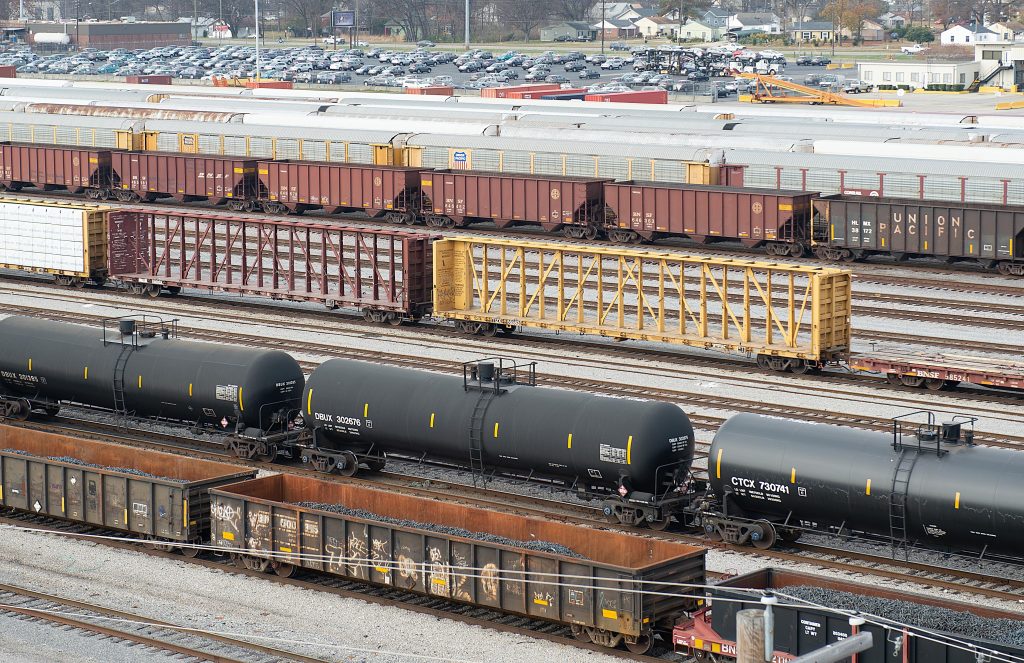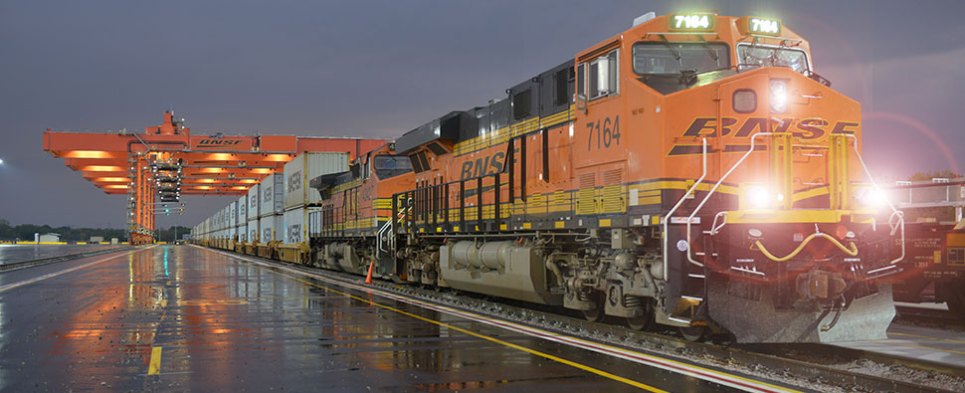- By Della tj
- September 10, 2025
- Rail Freight, Shipping
As global trade evolves, businesses are exploring alternatives to sea and air freight, often asking about train freight from China to UK. Rail transport along the Belt and Road Initiative has become a competitive option, offering faster transit times than sea freight and more affordable rates than air cargo. This article explains the costs, documents, routes, pros and cons, and real-world case studies to help importers choose the right logistics solution.
What Is Train Freight from China to the UK?
Rail freight connects China and the UK through the Eurasian land bridge. Trains depart from major Chinese logistics hubs such as Chongqing, Zhengzhou, and Yiwu, traveling across Kazakhstan, Russia, Belarus, Poland, and Germany before reaching the UK.
Unlike sea freight, which can take over a month, and air freight, which is costly, rail freight offers a middle ground in both speed and price.
How Much Does Train Freight from China to UK Cost?
Rail freight rates are calculated based on weight, volume, and whether you use FCL (Full Container Load) or LCL (Less than Container Load).
| Container Type | Estimated Cost (USD) | Transit Time | Best For |
|---|---|---|---|
| 20ft Container | $5,500 – $6,500 | 18–22 days | Medium-sized shipments |
| 40ft Container | $9,000 – $11,000 | 18–22 days | Large shipments, bulk goods |
| LCL Cargo | $0.6 – $1.0 per kg | 18–22 days | Small businesses, shared container loads |
Example: A 20ft container of electronics shipped from Yiwu to London costs approximately $6,000, arriving in 20 days.
How Long Does Rail Freight from China to the UK Take?
Transit times depend on the departure hub and customs clearance efficiency:
| Origin (China) | Destination (UK) | Transit Time |
|---|---|---|
| Chongqing | London | 18–20 days |
| Zhengzhou | Birmingham | 20–22 days |
| Yiwu | London | 18–21 days |
On average, rail freight takes 18–22 days, compared to 30–40 days by sea and 5–7 days by air.
What Factors Affect the Cost of Train Freight?
Several elements influence the final price:
- Cargo Size and Weight – Heavier and bulkier cargo costs more.
- Route Selection – Different Eurasian corridors may have varying tariffs.
- Customs Duties and VAT – Import duties in the UK and EU VAT rules can increase landed costs.
- Seasonal Demand – Peak shipping months may push rates higher.
- Additional Services – Door-to-door delivery, insurance, and warehousing add extra fees.
What Are the Pros and Cons of Train Freight Compared to Sea and Air?
| Aspect | Rail Freight | Sea Freight | Air Freight |
|---|---|---|---|
| Cost | Moderate | Cheapest for bulk | Most expensive |
| Transit Time | 18–22 days | 30–40 days | 5–7 days |
| Reliability | Stable, less weather-dependent | Risk of delays at ports | Highly reliable |
| Best For | Balanced cost and speed | Large-volume, low-cost goods | Urgent, high-value goods |
What Customs Documents Are Required for Train Freight to the UK?
Importers must prepare accurate documents to avoid delays:
- Commercial Invoice – Details the goods’ value and description.
- Packing List – Includes weight, volume, and packaging details.
- Rail Waybill (CIM/SMGS) – Contract for rail carriage.
- Certificate of Origin – Required for tariff classification.
- Import Declaration – Submitted to UK customs for clearance.
How Does Train Freight Support Supply Chain Management?
Rail freight enhances flexibility by bridging the gap between sea and air freight. It ensures:
- Predictable Transit Times – Regular schedules reduce uncertainty.
- Sustainable Transport – Lower carbon footprint compared to air freight.
- Balanced Costs – More affordable than air, faster than sea, offering supply chain resilience.

Real Case Studies
Case 1: Chongqing → London (FCL)
- Cargo: 20ft container of electronics
- Cost: $6,200
- Transit Time: 19 days
- Result: Reduced supply chain delays by 40% compared to sea freight.
Case 2: Zhengzhou → Birmingham (LCL)
- Cargo: 2 tons of fashion apparel
- Cost: $1,400
- Transit Time: 21 days
- Result: Shared container service provided cost savings for a mid-sized retailer.
Should You Use a Freight Forwarder for Train Freight?
Freight forwarders simplify complex logistics by:
- Negotiating with carriers for better rates
- Managing customs clearance at multiple borders
- Providing tracking and delivery updates
- Offering consolidation and warehousing services
For businesses unfamiliar with Eurasian rail networks, working with a freight forwarder is strongly recommended.
How Can You Save Money on Train Freight from China to UK?
To reduce costs, consider these strategies:
- Book Early: Secure space before peak season surcharges.
- Use LCL for Small Cargo: Share containers to save costs.
- Work with Reliable Forwarders: They negotiate better deals.
- Avoid Peak Seasons: Schedule shipments outside Chinese New Year.
- Plan Customs in Advance: Avoid penalties and storage fees.
Conclusion
In conclusion, train freight from China to UK provides an ideal balance between cost and speed, bridging the gap between slow sea freight and expensive air freight. With transit times of 18–22 days and competitive rates for both FCL and LCL cargo, rail freight is a practical choice for many importers. By preparing documents, leveraging freight forwarders, and planning shipments strategically, businesses can optimize supply chains and reduce logistics costs.
- Consult TJ China Freight Forwarding for the lowest quote. They will provide you with reliable, cost-effective service.
FAQs
Q1.How much does train freight from China to UK cost?
Train freight from China to UK costs around $5,500 for a 20ft container and $9,000 for a 40ft container, excluding duties.
Q2.How long does rail freight take from China to the UK?
Transit time averages 18–22 days, depending on the departure hub in China and the efficiency of customs clearance at borders.
Q3.Is train freight cheaper than air freight from China to UK?
Yes, train freight is cheaper than air cargo, making it a cost-effective option for mid-volume shipments requiring faster delivery.
Q4.What are the advantages of train freight compared to sea freight?
Rail freight is faster than sea freight, offers predictable schedules, and balances cost and speed for businesses importing mid-sized volumes.
Q5.Can small businesses use train freight for China to UK shipping?
Yes, small businesses can book LCL shipments, sharing container space with others, which reduces costs and improves shipping efficiency.


